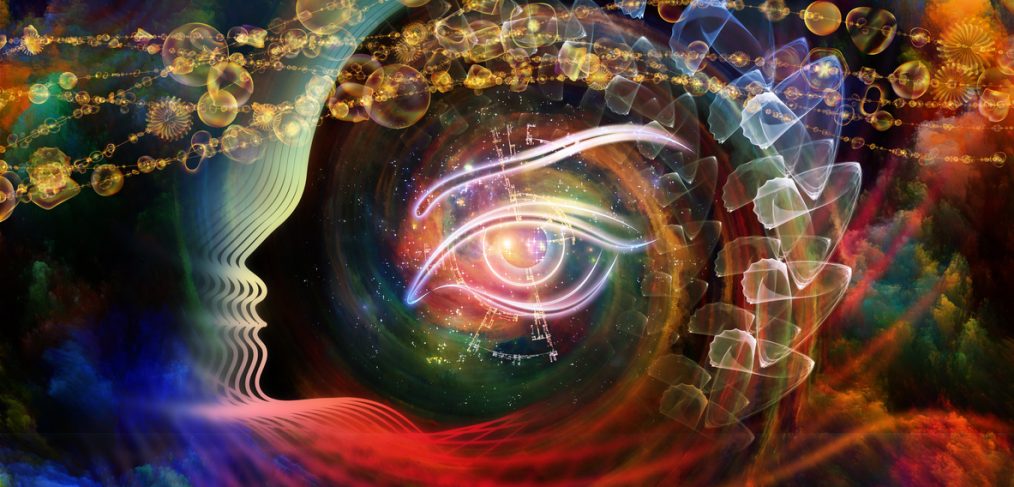How do you fill your hours and days? For many, it just happens; they don’t need to really think about what they’re going to do because they have so much to do. People who have had jobs and other pursuits for many years often look forward to times when they can pull back on the throttle a little, when the demands on their time recede and they have some breathing space. However, time off is really “time on” something else. As the hours go by, you have to fill them with something—because there’s no such thing as doing nothing. You continue to exist. You think, you breathe, and time goes by. You can make your time “mindless” and force feed inane TV (of which I’m a fan on occasion), but ultimately your mind will rebel and desire something more substantial.
When you’re playing a fretless instrument, such as a fretless bass guitar or a violin, it’s easy to be slightly sharp or flat as the note depends on the exact placement of your fingers. While musicians are careful to play with as much precision as they can, it can be fun to play off the note a bit, whether it be in a vibrato (the rapid pulsing or wavering of a tone), in a glissando (a slide upward and downward between notes), or through an intentional (or unintentional) departure from playing exactly on the note. With a fretted instrument, the fret bars keep your playing to those specific notes for that fret.[1] They are certainly easier to play and provide more precision, but they limit the player to only those specific notes.
I recently bought a fretless bass and am having a great time playing with these dynamics. The ability to play expressively when I’m not limited by frets has given me a newfound sense of freedom and has allowed me to play in a way I’ve never played before. It has also made me think about the continuous range of tones being symbolic of how people live their lives.
Like most people, my life is made up of a variety of competing forces. They often seem like a mishmash of drives, doubts, and compulsions, and it can be hard to get a handle on them and how much each is controlling my day-to-day thoughts and activities, my path in life, and my worldview. I try to be very intentional about my vision for my life, goals, and aspirations—I have a document that I update regularly describing all of these—but I still struggle with who’s in the driver’s seat. I do feel like I have a good, strong moral compass that helps me develop my evolving worldview and guides my interactions with people, but I can also be selfish. I try very hard to be healthy and spiritual, but many of my thoughts and actions are driven by compulsions related to basic urges. Sometimes I prioritize working toward an ideal, while at other times, I tell myself that I should just have fun. Life is, of course, a balance, and I try not to sweat these competing forces too much, but when I stay aware of these forces, it can actually be fun to watch them fight with each other.
I’ve been thinking about these forces in terms of Freud’s id, ego, and superego[1] (more here), which has been fun and instructive.
Many people measure their lives by their mealtimes. Breakfast is the kickoff, lunch is the major break in the day, and dinner is a daily debrief and a closing out. This can be a good way to psychologically parse out the day and mentally check off the phases of our days as they go by. But for me, it’s more about the drinks and mainly a function of alcohol and caffeine. Coffee is a key psychological ingredient for me. It kicks off the day, is medicinal, and marks a transition. Water and other hydrating drinks follow and serve to wash down lunch. Tea in the afternoon marks the transition to the final phase of the working day. Last are the evening cocktail, wine with dinner, and a nightcap, during which I officially close out the day and my time is my own (more on that later). Though it is not conscious or intentional on my part, the drinking phases of my day are a critical aspect of how my days are structured and measured. This has good aspects as well as harmful ones.
Do you ever go through periods feeling that you’re just not satisfied?
We all have times when we’re not happy about the way our lives are going. Everything may be fine, or even good, but life can still seem mundane or ordinary. When no milestones are happening, when we’re in the doldrums between vacations, or when there’s nothing but routine, it can seem as if our lives aren’t special or extraordinary. Life satisfaction doesn’t mean settling for a life that is less than what you want it to be—it means accepting and living in the moment to the fullest. It means making the most of what you have while being open to opportunities and potential change. It means acknowledging and being grateful for the good things in your life and having a plan for addressing the aspects of your life that aren’t what you want. Life satisfaction means choosing to be happy now—not at some point in the future.





